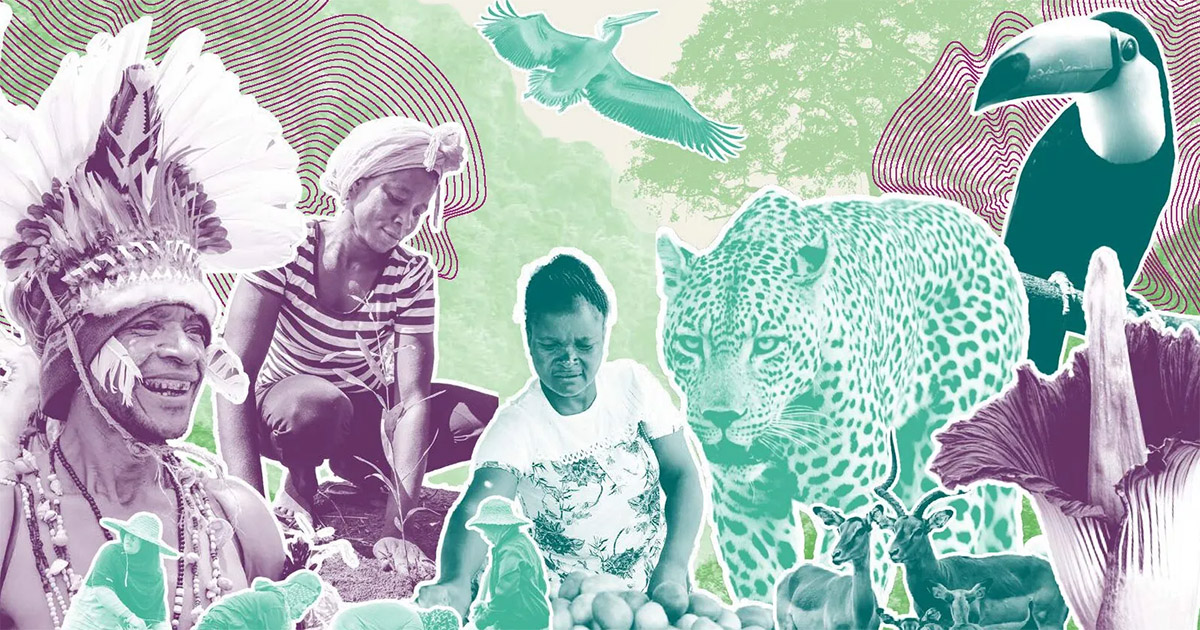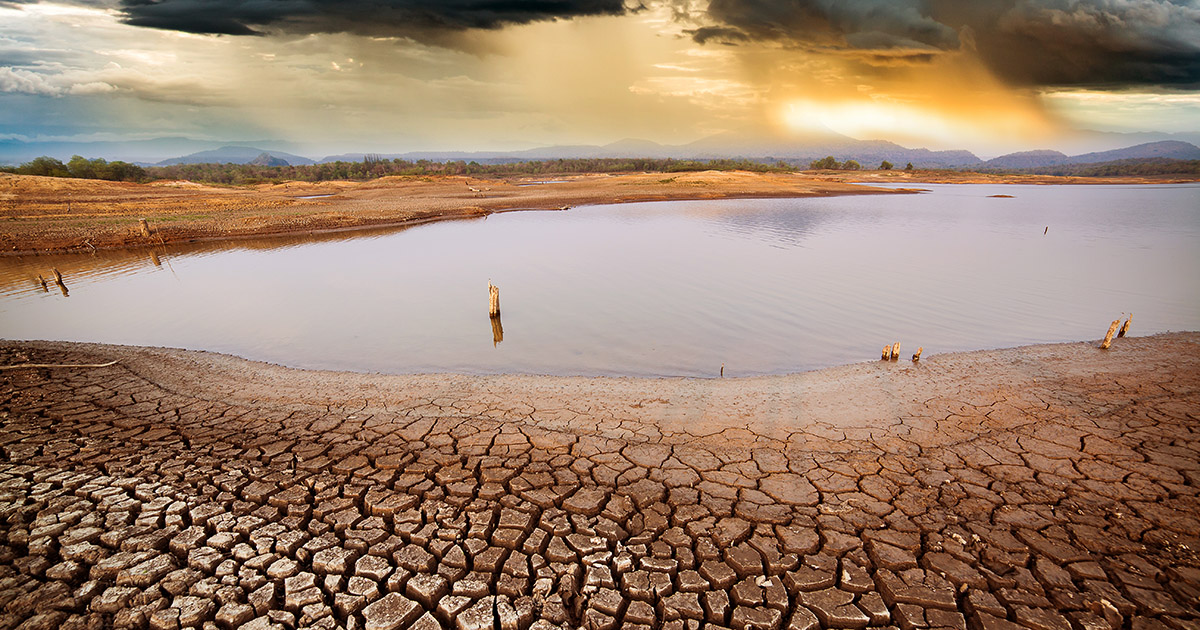The present article provides an overview of the status of land use and land cover change science in Montane Mainland Southeast Asia in the context of a Mobile Workshop. Outcomes of the Mobile Workshop highlighted the rapid changes in land use and livelihoods, largely driven by the development of transport links, increasing market access, and trade liberalization. While many of these changes are likely to be beneficial, they must be carefully monitored, and relevant policies should be inclusive of all stakeholders. This is why it is important that land use science be cognizant of the need to make information accessible to policy-makers and land users.
DOI:
https://doi.org/10.1659/0276-4741(2006)26[278:LUTLAE]2.0.CO;2
Dimensões Contagem de citações:
26[278:LUTLAE]2.0.CO;2&apiKey=3948bb216041dbffcb29a618defafc29&httpAccept=image%2Fjpeg)

















